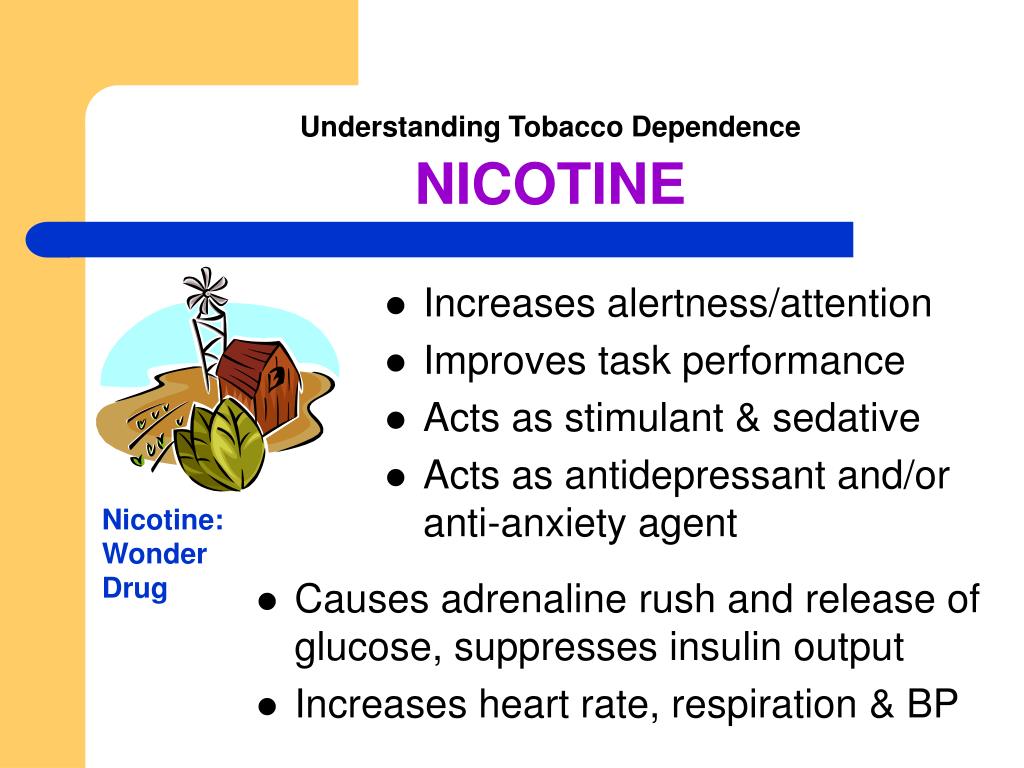
Chelating agent and inhibitor of cellular respiration. Cellular respiration is a chemical process in which the bonds of food molecules and oxygen molecules are broken and new compounds are formed that can transport energy to muscles.

Cellular respiration in american english.
Cellular respiration meaning in english. The metabolic processes whereby certain organisms obtain energy from organic molecules; Processes that take place in the cells and tissues during which energy is released and carbon dioxide is produced and absorbed by the blood to be transported to the lungs Cel′lular respira′tion, [ physiol.] biochemistry, physiology the oxidation of organic compounds that occurs within cells, producing energy for cellular processes.
Modified entries © 2019 by penguin random house llc and harpercollins publishers ltd. The reactions involved in respiration are catabolic reactions, which break large molecules into smaller ones,. Processes that take place in the cells and tissues during which energy is released and carbon dioxide is produced and absorbed by the blood to be transported to the lungs.
Cellular respiration is a chemical process in which the bonds of food molecules and oxygen molecules are broken and new compounds are formed that can transport energy to muscles. Chelating agent and inhibitor of cellular respiration. To create atp and other forms of energy to power cellular reactions, cells require fuel and an electron acceptor which drives the chemical process of turning energy into a useable form.
Usually, this process uses oxygen, and is called aerobic respiration. Cellular respiration is the process through which cells convert sugars into energy. Definition of cellular respiration :
Cellular respiration is a set of metabolic reactions and processes that take place in the cells of organisms to convert chemical energy from oxygen molecules or nutrients into adenosine triphosphate (atp), and then release waste products. An error occurred trying to load this video. Agente quelante e inhibidor de la respiración celular.
Changes that allow gas exchange within cells 3. Examples have not been reviewed. Cellular respiration is what cells do to break up sugars to get energy they can use.
Cellular respiration takes in food and uses it to create atp, a chemical which the cell uses for energy. The metabolic processes whereby certain organisms obtain energy from organic molecules; The oxidation of organic compounds that occurs within cells, producing energy for cellular processes.
Most material © 2005, 1997, 1991 by penguin random house llc. The reactions involved in respiration are catabolic reactions, which break large molecules into smaller ones, releasing energy because. Cellular respiration in american english.
�cellular respiration� also found in. La respiración celular (41) respiración celular (10) la respiración de las células (2) definition english: Cellular respiration in a typical eukaryotic cell.
(adenosine triphosphate) chemical found in most living cells and used for energy. Cellular respiration or cell respiration a catabolic process (see catabolism) occurring in cells where complex organic molecules are broken down to release energy for other cellular processes. The noun cellular respiration has 1 sense:
The metabolic process in living organisms by which oxygen is combined with carbon in a cell to form carbon dioxide and generate energy. Processes that take place in the cells and tissues during which energy is released and carbon dioxide is produced and absorbed by the blood to be transported to the lungs. Cell respiration usually occurs in the presence of oxygen (see aerobic respiration) but some organisms can respire without oxygen (see anaerobic respiration).
The metabolic process in living organisms by which oxygen is combined with carbon in a cell to form carbon dioxide and generate energy. Process by which cells turn nutrients into useful energy. Cellular respiration is the set of the metabolic reactions and processes that take place in the cells of organisms to convert biochemical energy from nutrients into adenosine triphosphate (atp), and then release waste products.
Cellular respiration also releases the energy needed to maintain body temperature despite ongoing energy transfer to the surrounding environment. Cellular respiration in a dictionary of environment and conservation ». Respiration, internal respiration, cellular respiration noun.
The process by which a cell breaks down organic compounds (such as sugar) in order to release the energy it needs to perform work. This process may be aerobic or anaerobic, depending on the availability of oxygen. Relating to organisms whose cells have a nuceleus.
Science and technology — environmental. It is a process by which organisms break down food molecules using oxygen to get chemical energy for cell function. Cellular respiration is a cell�s way of turning the energy found in glucose into atp to power its functions.